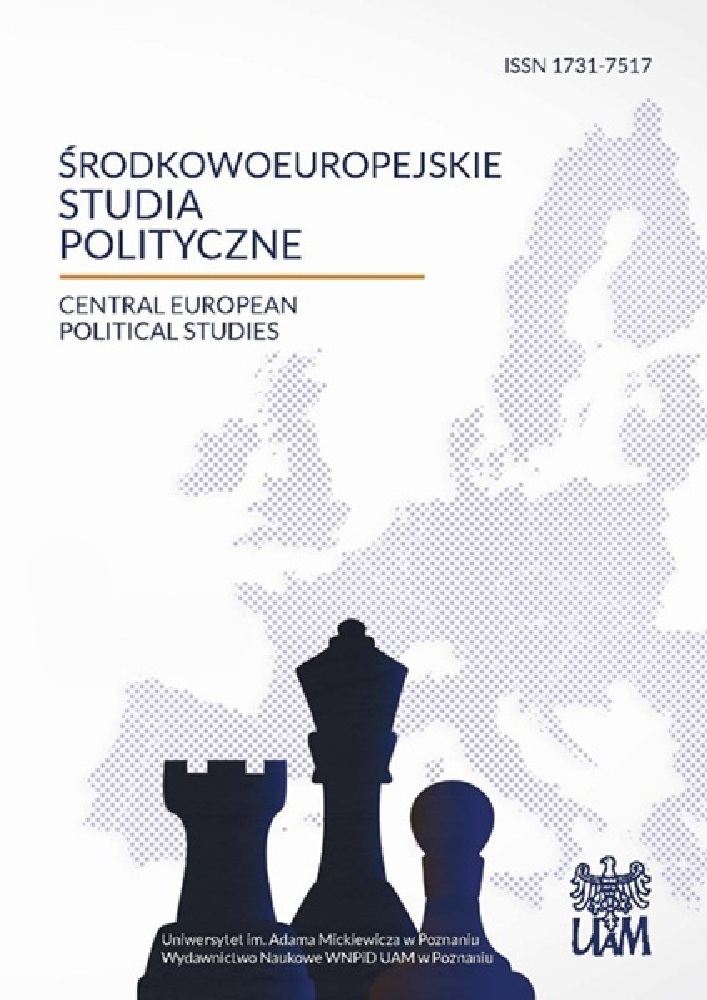Abstract
Referendum is a form of direct democracy providing citizens with an opportunity to express their views with reference to the subject of the vote and which concerns either an entire state or its part. The establishment and shaping of this institution was mainly influenced by the social and political doctrine of J. J. Rousseau, stipulated in his treaty ‘The Social Contract’. His concepts of ‘general will’ and ‘supremacy of the people’ are the conceptual foundations of referendum. In Europe it is Switzerland where referenda are held most often and it is called the ‘fatherland of referendum’. France is another European state with relatively extensive experience in holding referenda. In Poland, on the other hand, this process does not have a considerable tradition. There were only five national referenda held up to 2003. By virtue of referendum constitutions are passed and prominent issues of social life, such as abortion, are solved. This procedure is also extensively applied in the process of European integration. Referendum allows citizens to become involved in the process of political decision making. It also serves a purpose of providing better information and education to citizens and teaches them joint responsibility for public matters.License
Copyright
© 2005, Uniwersytet im. Adama Mickiewicza w Poznaniu, Wydawnictwo Naukowe Instytutu Nauk Politycznych i Dziennikarstwa
OPEN ACCESS
